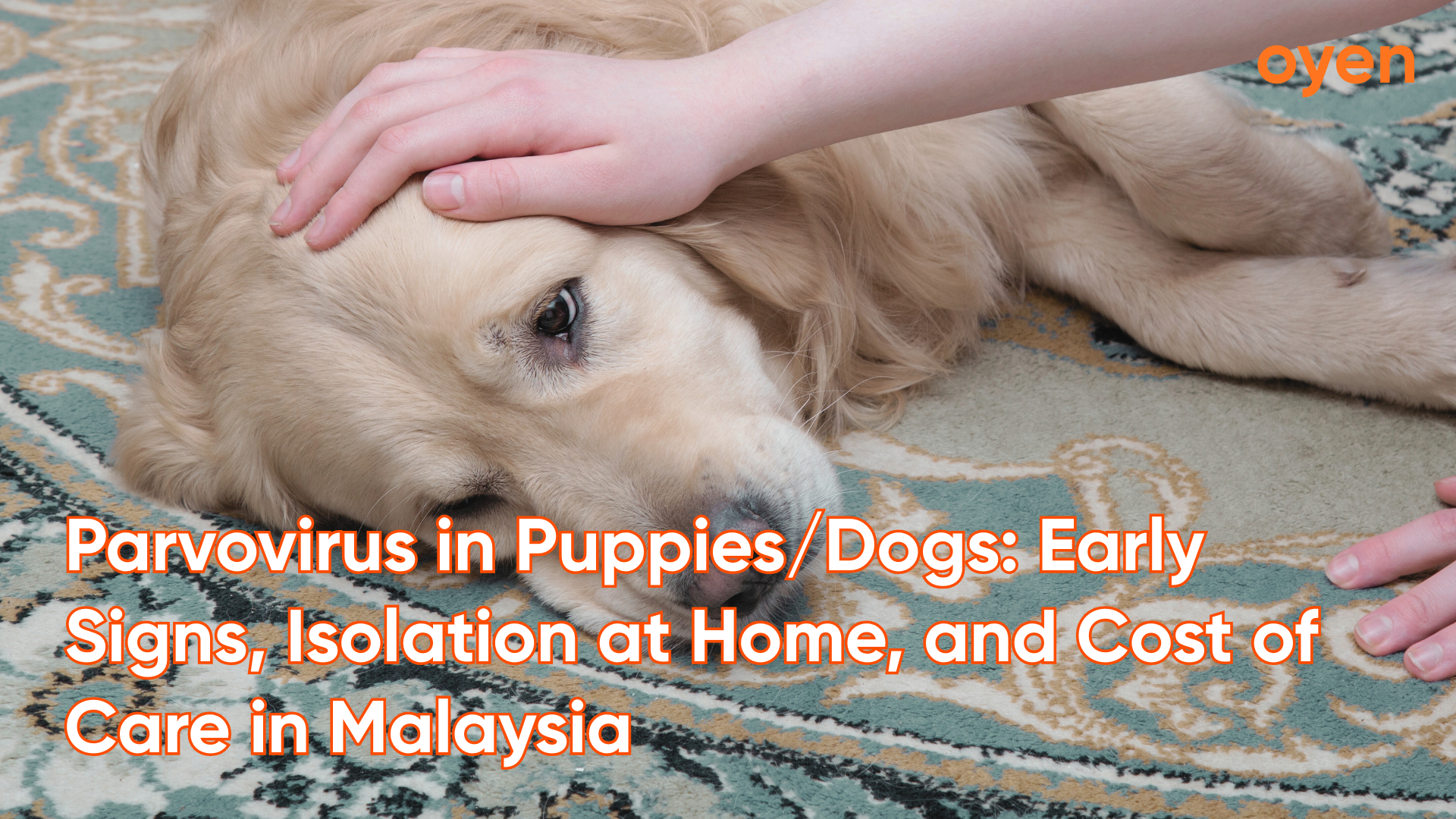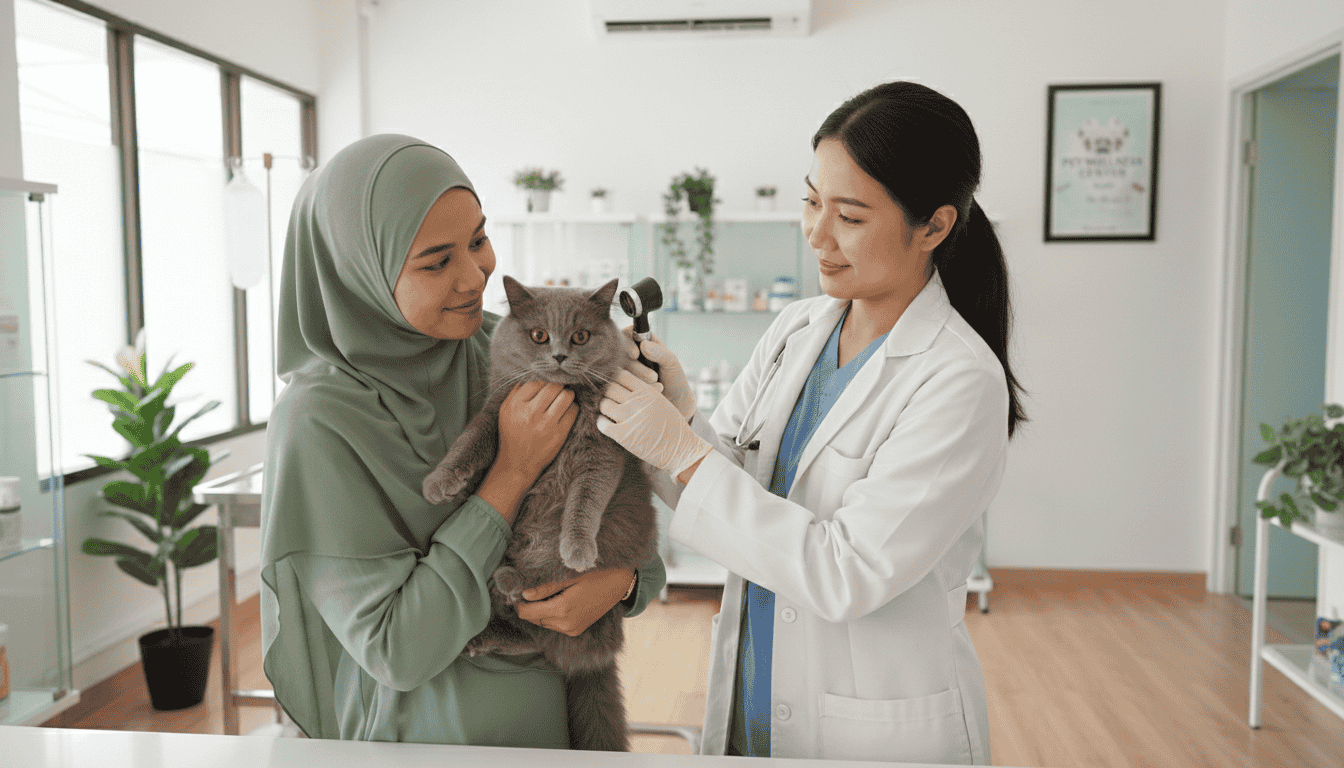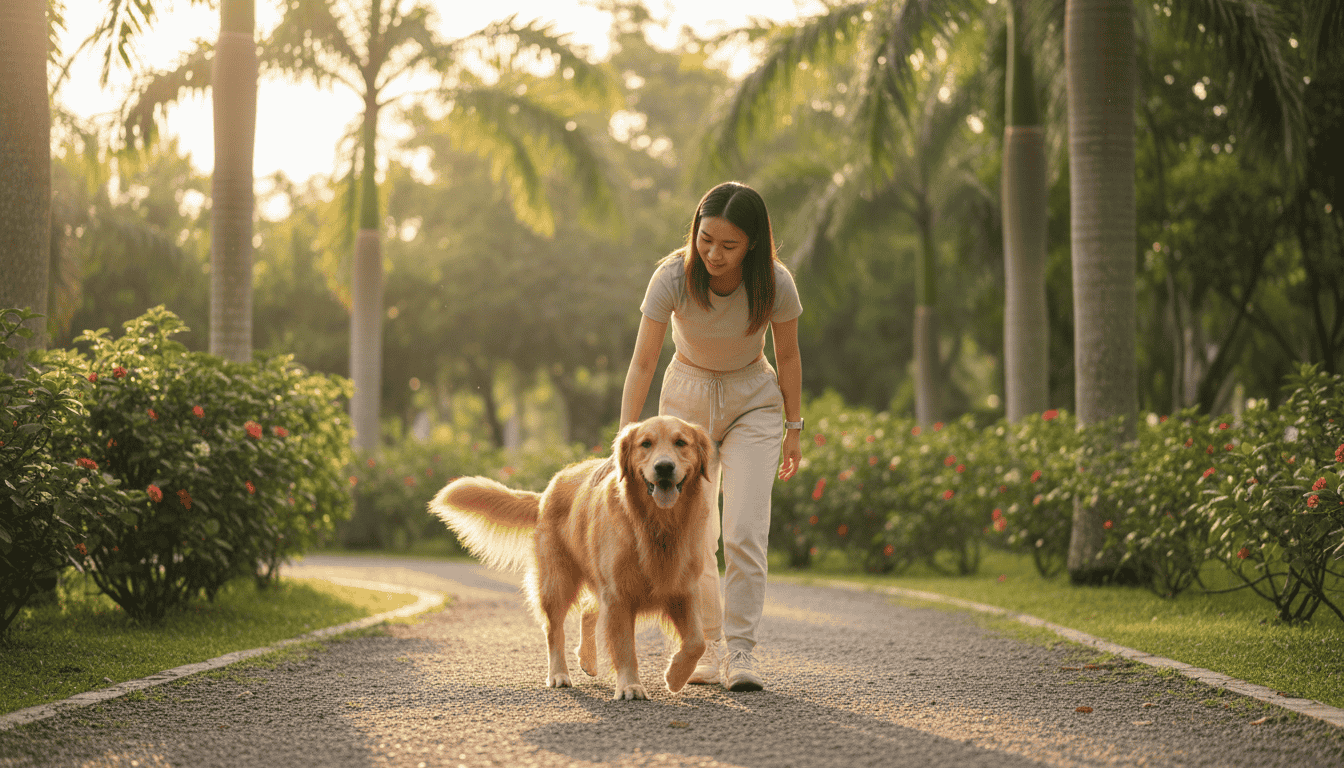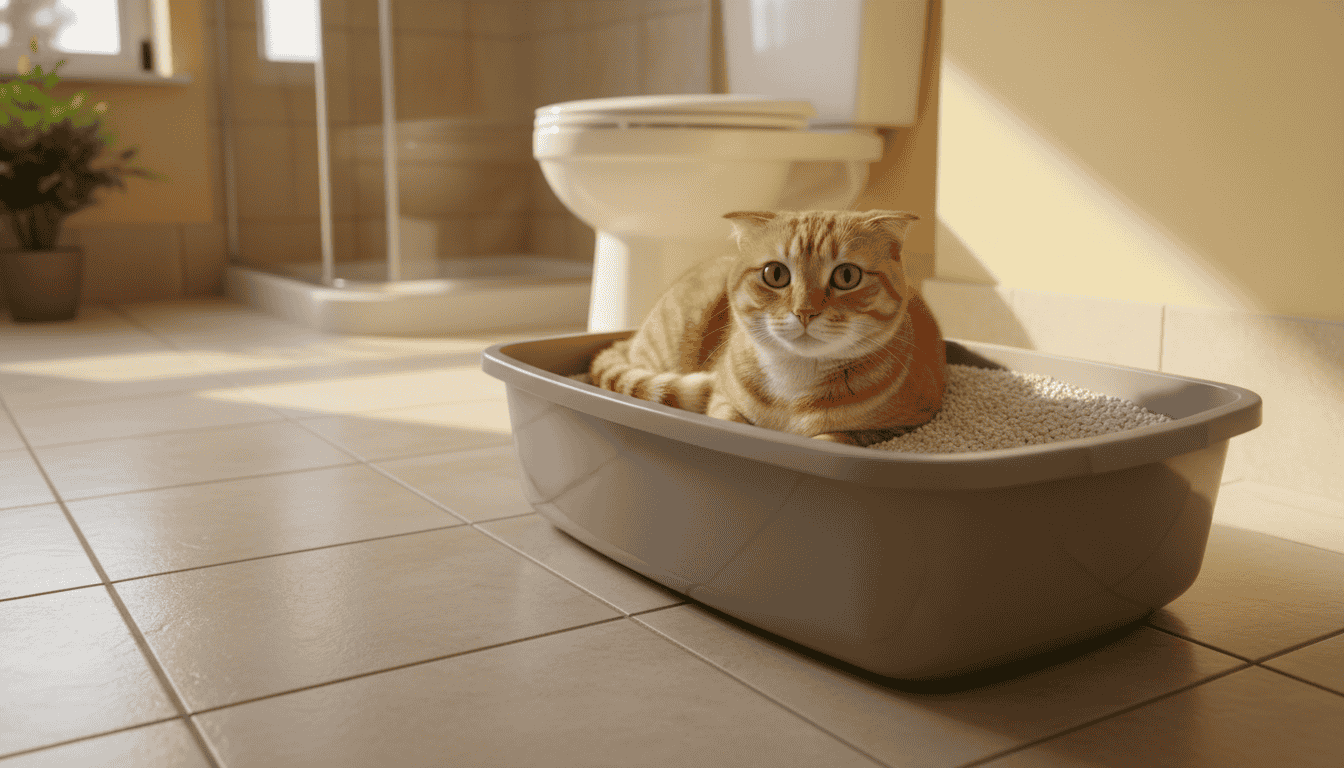Parvovirus, or "parvo," is one of the most serious illnesses seen in young dogs in Malaysia. It's highly contagious, attacks the intestines, and spreads through infected feces or contaminated surfaces.
Once a puppy gets parvo, treatment is intensive and survival depends on how early it's caught and how well the puppy is supported.
The good news? Parvo can be prevented through vaccination. But for many new dog owners, the danger comes before that first full set of shots.
Here's what you should know about spotting it early, how to manage isolation safely at home, and what the cost of treatment looks like in Malaysia.
What Parvovirus Does to Puppies
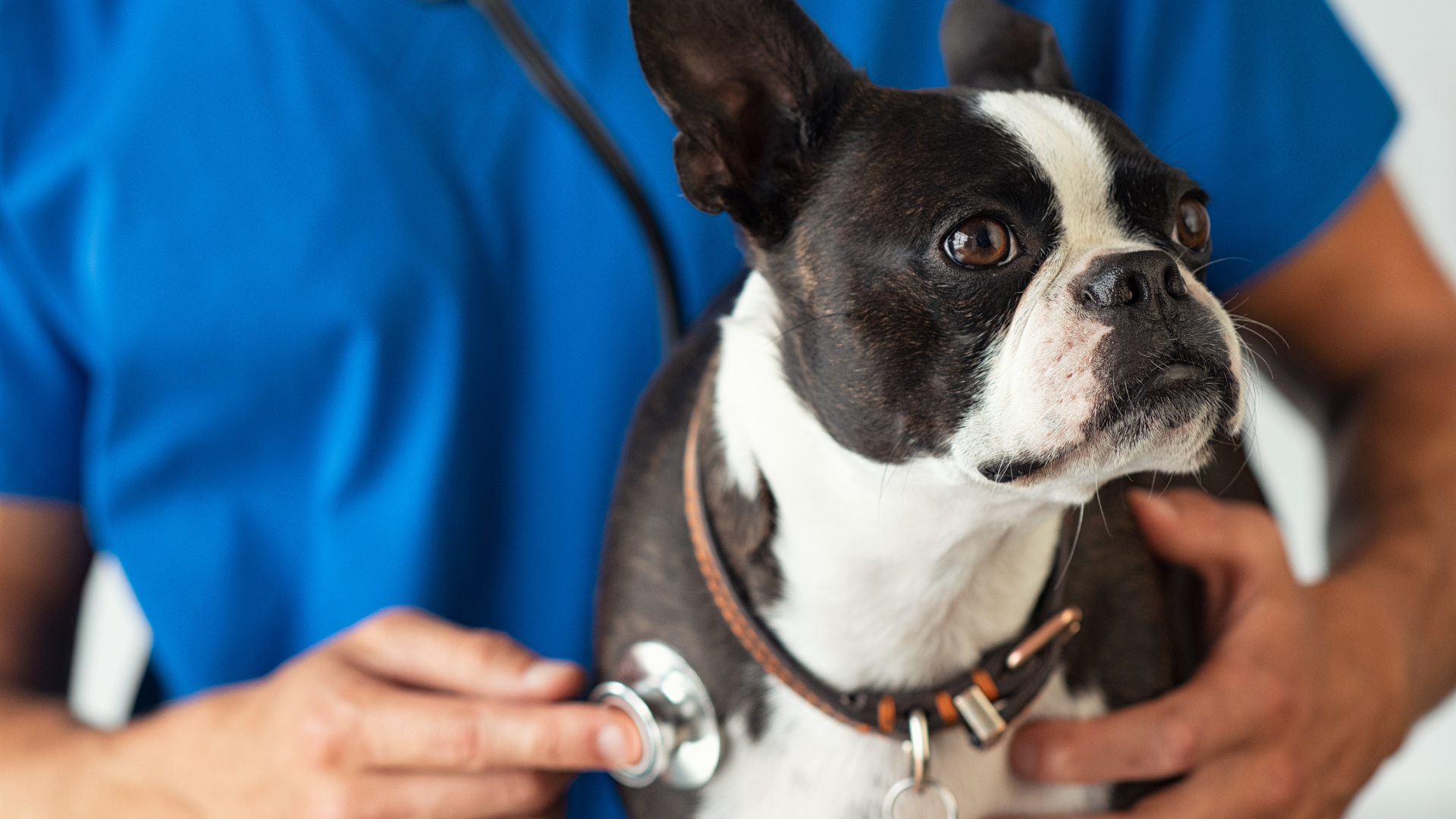
Parvovirus mainly damages the intestinal lining. When that lining breaks down, puppies lose the ability to absorb nutrients and fluids. That's why they suddenly become weak, dehydrated, and unable to keep food down. It can also affect white blood cells, which weakens immunity, and in some cases, inflames the heart.
The virus is tough. It survives for months on the ground, in kennels, and even on shoes. Malaysia's warm, humid climate makes it easier for viruses and bacteria to persist longer on surfaces. Because of that, once parvo enters a space, like a vet clinic, pet boarding area, or your own compound, it can quietly stay there for a long time.
Early Signs of Parvo
The first signs can look like a simple upset stomach. Puppies may seem quiet, skip meals, or vomit once or twice. Within 24–48 hours, however, symptoms often escalate:
- Sudden loss of energy or refusal to eat
- Vomiting that becomes frequent or severe
- Foul-smelling, watery or bloody diarrhoea
- Fever (sometimes low, sometimes high)
- Dehydration, dry gums, sunken eyes, or weak standing
In short, if your puppy looks lethargic and has vomiting or diarrhoea that doesn't stop after half a day, go to a vet immediately.
For example: in Klang Valley, many vets report seeing unvaccinated puppies brought in after two or three days of symptoms, often too late. Parvo works fast. Early vet support makes a big difference.
How Puppies Get Infected
Parvo spreads mainly through infected stool. A healthy dog can get it just by sniffing or licking a contaminated area. That's why walking an unvaccinated puppy outside, even for a "quick toilet break", is risky.
In Malaysia, it's common for dog owners to think the condo garden or house compound is safe. But stray dogs or cats passing by may leave traces of the virus. Even the soles of your shoes can bring it indoors.
If your puppy is not fully vaccinated (meaning it has completed all three core puppy shots), keep it strictly indoors.
No garden walks, no playdates, and no visits to pet cafes. This applies until about 16 weeks of age, depending on your vet's schedule.
How to Isolate an Infected Puppy at Home

If your vet confirms parvo and you're asked to continue part of the care at home, strict hygiene is key.
The virus spreads easily through contact, so your goal is to protect other pets and prevent reinfection.
Here's how:
- Separate the puppy completely.
Use a closed-off area that's easy to clean, like a tiled bathroom or laundry room. Avoid carpeted rooms. - Use dedicated cleaning tools.
One mop, one towel, one set of feeding bowls. Do not reuse them for other pets. - Disinfect with the right product.
Household bleach (diluted 1 part bleach to 30 parts water) kills parvovirus. Wipe down floors, cages, and any surface the puppy touched. - Handle waste carefully.
Wear gloves, collect stool in sealed plastic bags, and dispose of it properly. Wash hands thoroughly after every cleanup. - Limit movement.
Do not allow visitors or other pets near the infected area until your vet confirms the virus has cleared.
If you have multiple dogs, discuss with your vet about booster vaccines for the healthy ones.
Cost of Parvo Treatment in Malaysia
Treatment costs vary depending on severity, how early it's caught, and whether hospitalisation is required.
There's no specific "cure", the treatment focuses on stabilizing the puppy and supporting recovery.

For serious cases or larger breeds, hospitalisation in Klang Valley or Penang can exceed RM4,000–RM5,000. Smaller clinics in Johor or Kedah may be slightly lower, but the overall care steps remain the same.
Important Note: Oyen Pet Insurance does not cover parvovirus or other vaccine-preventable infectious diseases, as these are excluded under most pet insurance policies. Prevention through vaccination is a safe (and affordable) route.
What Recovery Looks Like
If a puppy survives the first 3–4 days of illness, chances of recovery improve. Appetite slowly returns, vomiting stops, and stool becomes more formed. Full recovery can take two weeks or more, depending on the puppy's strength.
Even after recovery, continue disinfecting your home for at least a month. Parvo can linger on surfaces and reinfect unvaccinated animals. Wash all bedding, soft toys, and mop with bleach regularly.
Vaccination and Prevention
In Malaysia, the core puppy vaccination series covers parvovirus, distemper, hepatitis, and parainfluenza (DHPP).
A typical schedule looks like this:
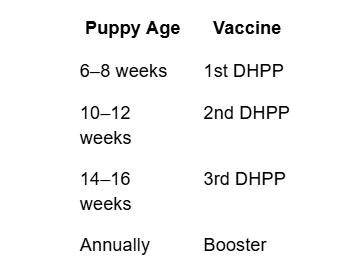
Many vets in Malaysia combine this with other optional vaccines (like leptospirosis or kennel cough). After the first three shots, boosters are given once a year.
If you've just adopted a puppy and don't have its vaccination record, assume it's unvaccinated until confirmed by a vet. Start the series from the beginning, it's safer than guessing.
What You Can Do While Waiting for Full Vaccination
The weeks before full vaccination are the most fragile period. Here's how to keep your puppy safe during that time:
- Keep them indoors only. Even your porch or garden isn't safe if other animals roam there.
- Use pee pads or a disinfected tray instead of outdoor potty spots.
- Disinfect shoes or keep a separate pair for puppy areas.
- Wash hands before handling the puppy, especially after going outside.
It can be tempting to show your new puppy off at parks or cafes, but delaying those outings for a few months can literally save their life.
How Long Parvo Stays in the Environment
In Malaysia's humid climate, parvovirus can survive on surfaces for up to six months. On soil or outdoor areas, it may remain infectious for a year or more. Rain doesn't wash it away.
If a puppy in your household had parvo before, avoid bringing another unvaccinated puppy home for at least 6–12 months. Even a small trace of stool in grass or between floor tiles can reinfect.
When to Return to the Vet

A puppy that has recovered from parvo should go back for a post-recovery checkup. Your vet will assess hydration, weight gain, and whether the gut is healing well. After a few weeks, your vet may recommend restarting the vaccination series to rebuild protection.
If your other dogs skipped a booster during this period, it's wise to get them updated too.
Parvovirus remains one of the top preventable causes of puppy deaths in Malaysia. Fast action, strict hygiene, and full vaccination make all the difference.
In short:
- Don't bring unvaccinated puppies outside, even to your condo or garden.
- Clean regularly with diluted bleach if you suspect exposure.
- Vaccinate on schedule and keep your vet updated on your puppy's health.
- Know that treatment can cost several thousand ringgit, prevention is far cheaper.
A healthy puppy starts with simple habits: good hygiene, proper vaccination, and patience before those outdoor adventures. It's not easy to wait but it's worth it.










